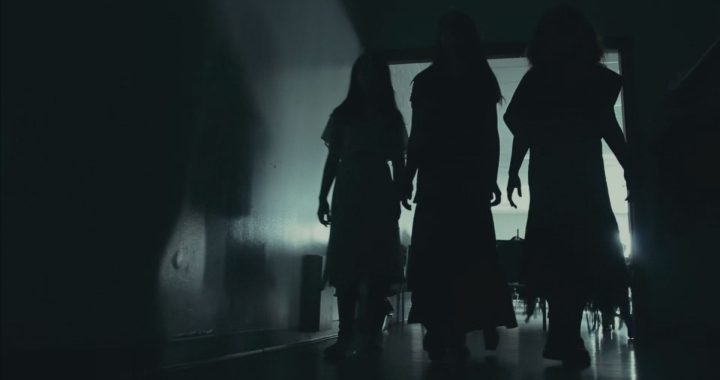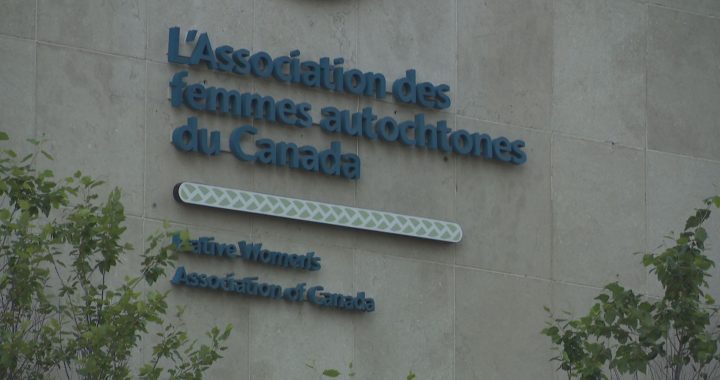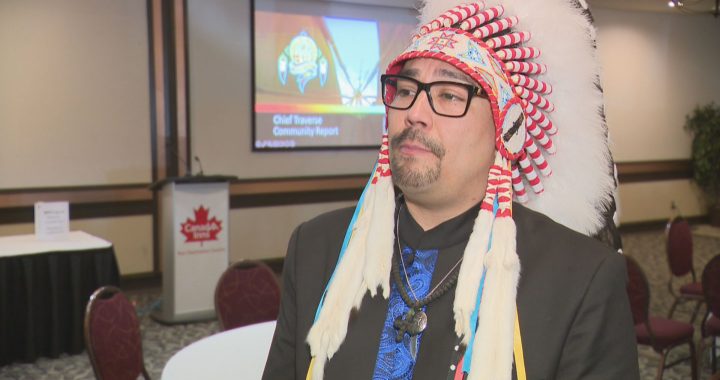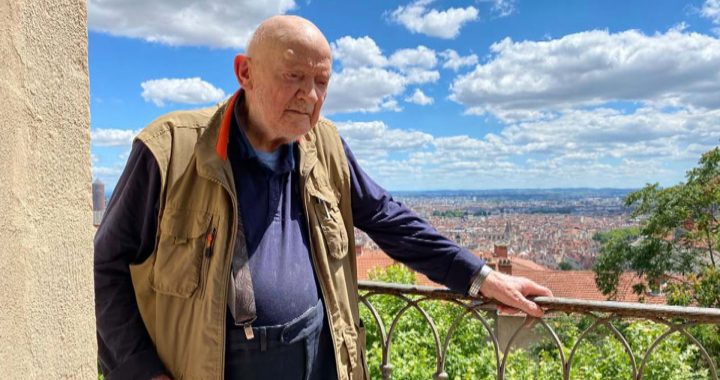Jody Wilson-Raybould’s political memoir describes her journey from star minister in Justin Trudeau’s cabinet to one of the prime minister’s fiercest critics, and she pulls no punches telling the tale.
“I am still mad at myself for that — for being convinced, at one point, that the prime minister was an honest and good person,” Wilson-Raybould wrote, “when, in truth, he would so casually lie to the public and then think he could get away with it.”
That’s just one of several criticisms her book, Indian in the Cabinet, contains. It offers a glimpse behind the scenes of federal party politics, and it isn’t always pretty.
Many will recognize the title as a reference to a certain movie from the ’90s. Less obvious are the undertones of stereotyping, paternalism and tokenization the book’s name suggests.
“I went and ran as a member of Parliament as a proud Indigenous person, which I of course still am,” Wilson-Raybould explained during the Oct. 7 episode of Nation to Nation, “and realized that marginalization, both on gendered and on racialized terms, can be experienced around any table.”
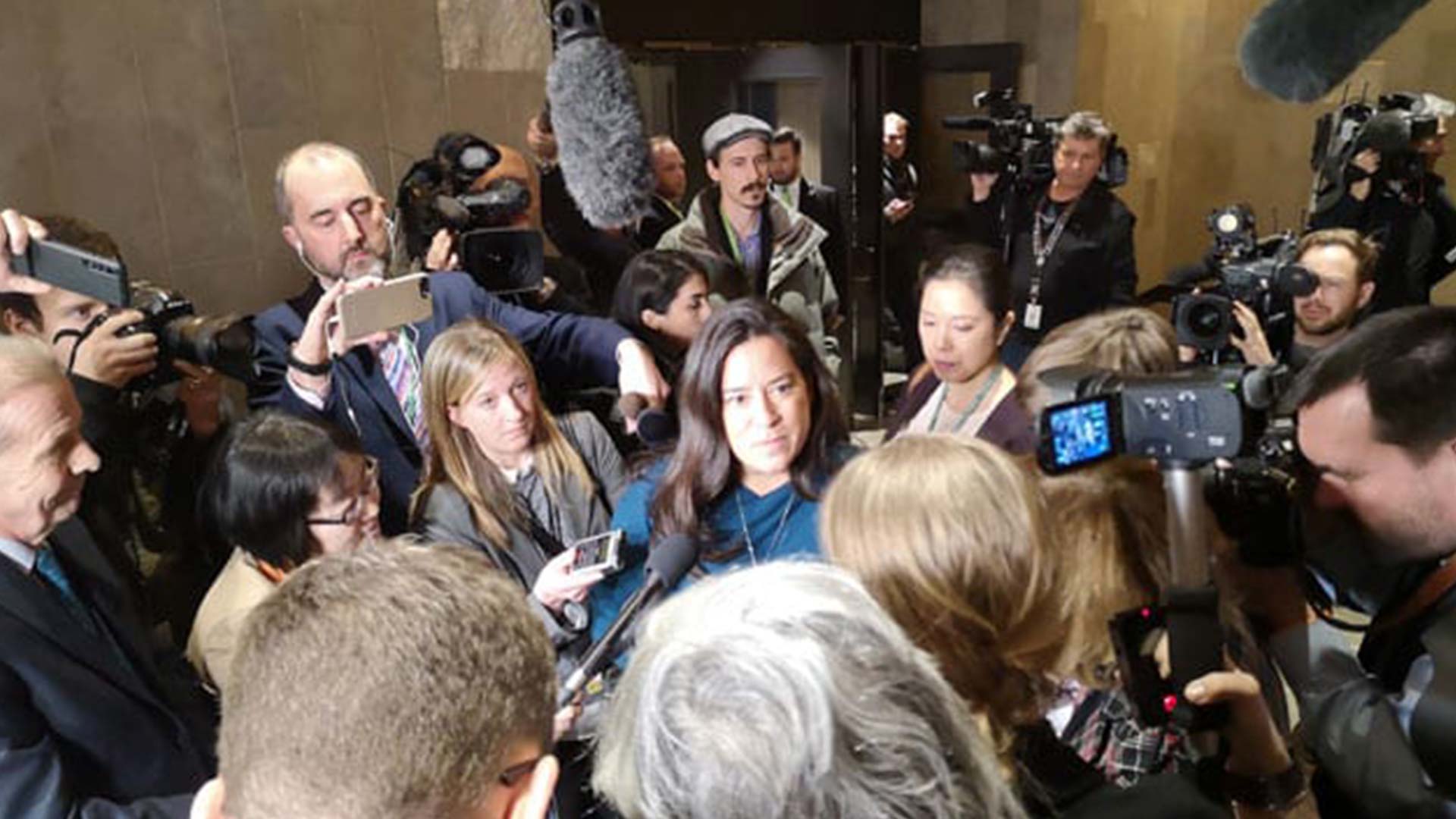
Wilson-Raybould is Kwakwaka’wakw and a member of the We Wai Kai Nation who grew up on Vancouver Island. She served as a B.C. crown prosecutor and regional chief for the Assembly of First Nations prior to running as a Liberal in the 2015 federal election.
Following Trudeau’s windfall victory, Wilson-Raybould was appointed justice minister and attorney general. It’s one of the most powerful political posts in Canada, and she was the first Indigenous person to hold it.
Alongside Trudeau’s promise of transformative change on reconciliation, many First Nations people had high hopes. But Wilson-Raybould’s book reveals the honeymoon phase ended abruptly.
She describes early internal struggles over how the new majority Liberal government would address Indigenous rights. She clashed with minister Carolyn Bennett over what Wilson-Raybould said was the “poorly conceived plan and approach” Crown-Indigenous Relations took.
It led to increased tensions with the Prime Minister’s Office as she urged them not to fall back into old colonial patterns.
“We would tinker around the margins with a mix of lofty rhetoric and little action. I did not accept this,” she wrote. “So I pushed. And I pushed more. And for some I obviously pushed too much.”
She also pushed back. Acting as attorney general, she refused to overturn her department’s decision to prosecute engineering giant SNC Lavalin on fraud and corruption charges, despite urging from the PMO, the privy council clerk and Trudeau not to.
Read more:
Wilson-Raybould not seeking re-election, blasts ‘toxic and ineffective’ Parliament
Calls grow for Bennett to resign after Wilson-Raybould calls out her ‘Pension?’ message as racist
The prime minister eventually booted Wilson-Raybould out of the Liberal caucus after The Globe and Mail broke the scandal in 2019. She was re-elected to the House of Commons as an Independent later that year and eventually decided not to run again.
She said the new minority government offers the parties a chance to work together and achieve the transformative change promised in 2015. She stood by her convictions then and won’t apologize for it now.
“Outrunning the shadow of the colonial legacy for Indigenous Peoples in this country should be a top priority, and it hasn’t been a top priority in terms of all federal governments,” Wilson Raybould said. “Shining a light on that, insisting that politicians, the prime minister, cabinet do the right thing is something that I won’t apologize for.”
For starters, they could get the Indian Act off the books and consider constitutional reform, she added, though she doesn’t seem ready to hold her breath.
“Recent events suggest that the patterns of this government — patterns that I talk about a lot in this book — still exist, and that’s disheartening,” she said.
Later on N2N, Manitoba Métis Federation President David Chartrand explained why his organization decided to leave the Métis National Council on the eve of a court-ordered special assembly.
“The MMF will never allow the Métis National Council to ever speak for us again. They’ve watered down the definition (of who is Métis),” Chartrand said. “They’re trying to steal our identity and culture. In other parts of the world, they go to war for this.”
Watch both interviews above.






